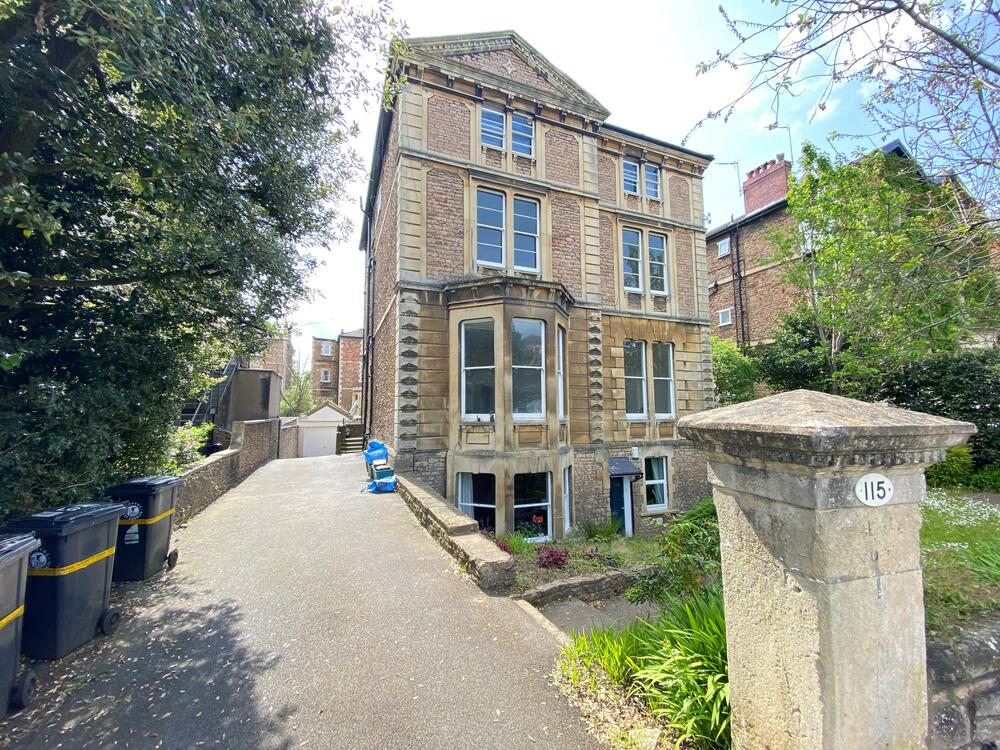Recently, our Auction Manager, David Beddoe, took to BBC Radio Bristol to answer a listener question about the modern method of auction. David answered the question live on air, and we have written a blog to describe the difference between the modern and traditional method of auction. If you wish to listen to David’s radio appearance, please click on the recording above.
When it comes to buying property at auction, there are two primary methods that potential buyers need to be aware of: the modern method of auction and the traditional method of auction.
Each approach has its distinct characteristics and appeals to different types of buyers and sellers. In this blog post, we’ll delve into the key differences between these two auction methods to help you make an informed decision.
- Bidding and Winning:
Modern Method: In the modern method of auction, prospective buyers bid for the option to purchase a property. The highest bidder at the end of the auction wins.
Traditional Method: In the traditional method, buyers bid on the property itself. The highest bidder secures the property. - Exclusivity Period:
Modern Method: Upon winning the auction, buyers enter into a period of exclusivity, usually lasting around 28 days. During this time, they can conduct due diligence on the property.
Traditional Method: In the traditional method, buyers are typically required to exchange contracts immediately upon winning the auction. - Reservation Fee:
Modern Method: Buyers participating in the modern method of auction must pay a reservation fee, which is often relatively high, typically between 4-5% of the property’s purchase price, with a minimum fee of £5,000. This fee allows the buyer to enter the exclusivity period. If the buyer decides to withdraw from the sale during this period, the reservation fee is non-refundable and goes to the agent, not the seller.
Traditional Method: The traditional method does not involve a reservation fee. - Seller’s Costs:
Modern Method: The modern method is marketed to sellers as a “sell for free” option, meaning the seller does not have to pay any fees. Instead, the buyer typically pays all the costs within the reservation fee.
Traditional Method: In the traditional method, sellers pay auction fees and commissions. - Types of Properties:
Modern Method: The modern method is suitable for various property types and is not limited to distressed sales. It can be used for a wide range of properties.
Traditional Method: The traditional method is often preferred for properties needing repair or when a quick sale is required due to factors such as divorce or death.
The choice between the modern method and the traditional method of auction depends on your specific circumstances and preferences. The modern method offers flexibility in terms of due diligence and is marketed as a “sell for free” option for sellers, with costs primarily falling on the buyer.
On the other hand, the traditional method may be more suitable for people looking to sell quickly, for example, run-down properties or properties sold under distressed circumstances.
Potential buyers and sellers must be aware of these differences to make the right decision when navigating the world of property auctions.




